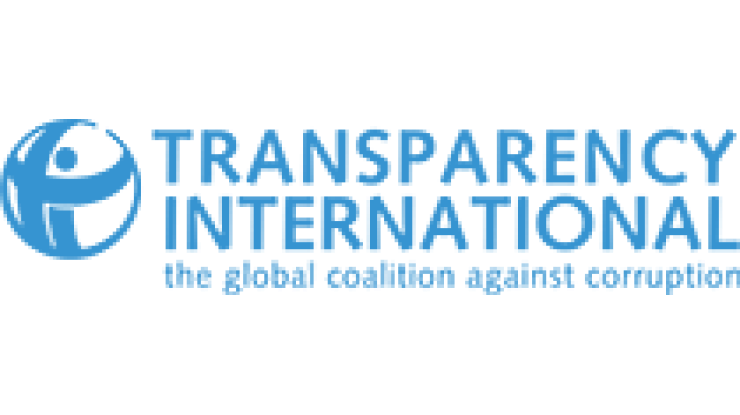အပြည်ပြည်ဆိုင်ရာပွင့်လင်းမြင်သာမှုရှိရေးအဖွဲ့ (Transparency International - TI)မှ ပေးပို့လာသော သတင်းလွှာ
- Fri, 31 March 2023

THE WEEK IN CORRUPTION
24/03/2023: De(b)trimental corruption
This week, the government of Sri Lanka secured a long-awaited loan from the International Monetary Fund (IMF). The US$3 billion bailout package is seen as a lifeline for the country grappling with the worst financial crisis in its history. It comes with conditions: Sri Lanka must pass structural anti-corruption reforms.

Photo: Color Collective/Shutterstock
Corruption is pervasive in Sri Lanka, which scores just 36 out of 100 and is a country to watch on our 2022 Corruption Perceptions Index (CPI). Decades of systemic corruption and economic mismanagement, coupled with a significant reduction in tourism brought about by the COVID-19 pandemic, ultimately resulted in the collapse of the nation’s economy.
Moreover, the former government led by President Gotabaya Rajapaksa has been accused of violating human rights, suppressing the media and undermining the judiciary.
Last year, the country saw massive protests by people exasperated with entrenched corruption and bad governance, which culminated in tens of thousands occupying the presidential palace. Consequently, Sri Lankan president and prime minister resigned, and the government requested an emergency loan from the IMF to help relieve the economy immediately after.
Now, the IMF says it will rely on a diagnostic exercise to identify which anti-corruption reforms are urgently needed – with input from civil society.
See Click ==> Transparency International Video
To put the country on the track of recovery, Transparency International Sri Lanka has been calling for genuine anti-corruption reforms in a number of areas. These include: enhancing parliamentary oversight on public finances, ensuring transparency and accountability in public procurement, eliminating political influence in the public sector, auditing and assessing state-owned enterprises, and bolstering the law enforcement.
These measures are critical also for ensuring that the bailout package sealed this week benefits Sri Lankans struggling to make ends meet – and is not lost to corruption.







/Russia%20(6-6-2025)/1st%20Place%20-%20Russia“We%20say%20NO%20to%20corruption!”-80x80.jpg)

/001-80x80.jpg)

/3-80x80.JPG)